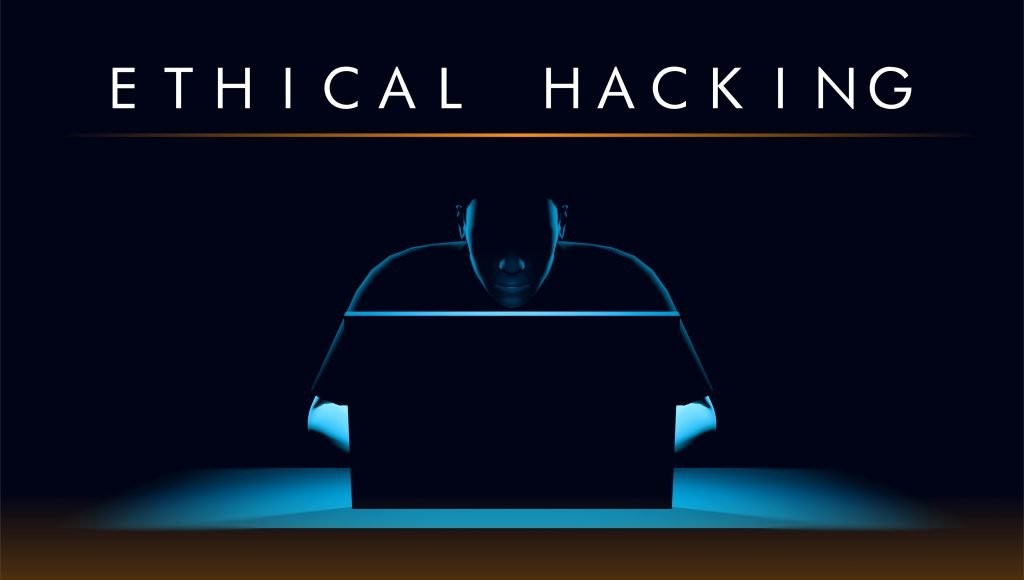
The Ethics Of Ethical Hacking: A Deep Dive Into White Hat Hackers
Today, the threat of cyber-attacks has never been more palpable. Cybercriminals are growing in sophistication, using a variety of techniques to infiltrate systems, steal data, and cause harm. In the midst of this digital battlefield stands a unique group of individuals – ethical hackers. They don the ‘white hat,’ not in a bid to exploit but to safeguard. Ethical hacking, at its core, is about testing vulnerabilities from a good-hearted standpoint. But as with anything that delves into the realm of ethics, it’s not always black and white.
Let’s unravel the enigma behind the ethics of ethical hacking.
Understanding Ethical Hacking
Ethical hacking, sometimes referred to as penetration testing or white-hat hacking involves the same tools, techniques, and processes that hackers use, but with one key distinction: ethical hackers have permission to break into the systems they test. Their purpose is to discover vulnerabilities from a defensive perspective rather than an offensive one.
If you’re new to the term or concept and wish to delve deeper, you can learn more about white hat hacking here. It’s crucial to understand that while their methods might mirror those of malicious hackers, their intentions are diametrically opposite.
The Code Of Ethics
A fundamental tenet that differentiates ethical hackers from black hat hackers is the strict code of ethics they adhere to. This code typically includes:
- Securing permission: Ethical hackers must have explicit permission from the organization that owns the system before testing.
- Reporting findings: All vulnerabilities found must be reported to the organization.
- Respecting client’s data: Any sensitive data accessed during the testing must be kept confidential and not used for personal gain.
The Thin Line Of Intent
One might question, if the tools and techniques are the same, what stops an ethical hacker from crossing over to the dark side? It’s the intent.
However, it is this very intent that blurs the lines at times. While a hacker’s actions are determined by their intent, who’s to say this intent can’t change? This is why trust plays an instrumental role in the realm of ethical hacking.
Balancing Act: Skills And Morality
Becoming a proficient ethical hacker requires a blend of technical skills and a strong moral compass. They need to be continually updated with the latest techniques, tools, and vulnerabilities to ensure they can adequately protect systems. At the same time, they must have the morality to employ these skills for the greater good.
Gray Hat Hackers: The Middle Ground
While we’ve discussed black and white hat hackers, it’s essential to mention the grey hats. These hackers don’t have malicious intent like black hat hackers but don’t always operate within legal boundaries like white hats.
They might break into systems without permission but will do so more out of curiosity and will often report any vulnerabilities found. The ethics of grey hat hacking is indeed more muddled, but they often serve as a reminder of the spectrum that exists in the hacking world.
The Legal Perspective
Ethical hacking is legal because it’s performed with explicit consent. Many countries have laws that recognize the importance of ethical hacking and even provide frameworks under which it can operate.
However, the onus is on the hacker to ensure that their actions are within legal and ethical bounds. One wrong step, and they could find themselves on the other side of the law.
Beneficial To Organizations
With cyber threats on the rise, organizations are increasingly recognizing the importance of ethical hackers. By simulating cyber-attacks, businesses can identify weak spots and fortify their defences. Ethical hacking, in many ways, is a proactive approach to cybersecurity.
Future Of Ethical Hacking
As technology evolves and cyber threats become more sophisticated, the role of ethical hackers will only grow in importance. Organizations will continue to rely on their expertise to safeguard their assets. The ethics of ethical hacking will be a topic of continued debate, but its relevance in today’s digital age is undeniable.
Conclusion
Navigating the intricate web of ethics in the hacking realm is no simple feat. Ethical hackers stand as the digital realm’s sentinels, defending against potential threats while upholding a strict moral code. Their role, fraught with challenges and responsibilities, is a testament to the multifaceted nature of cybersecurity.
As we continue to tread deeper into the digital age, understanding, appreciating, and debating the ethics of ethical hacking will be paramount. The ‘white hats’ are not just defenders of the digital frontier; they are the embodiment of the delicate balance between power and responsibility in the cyber world.
